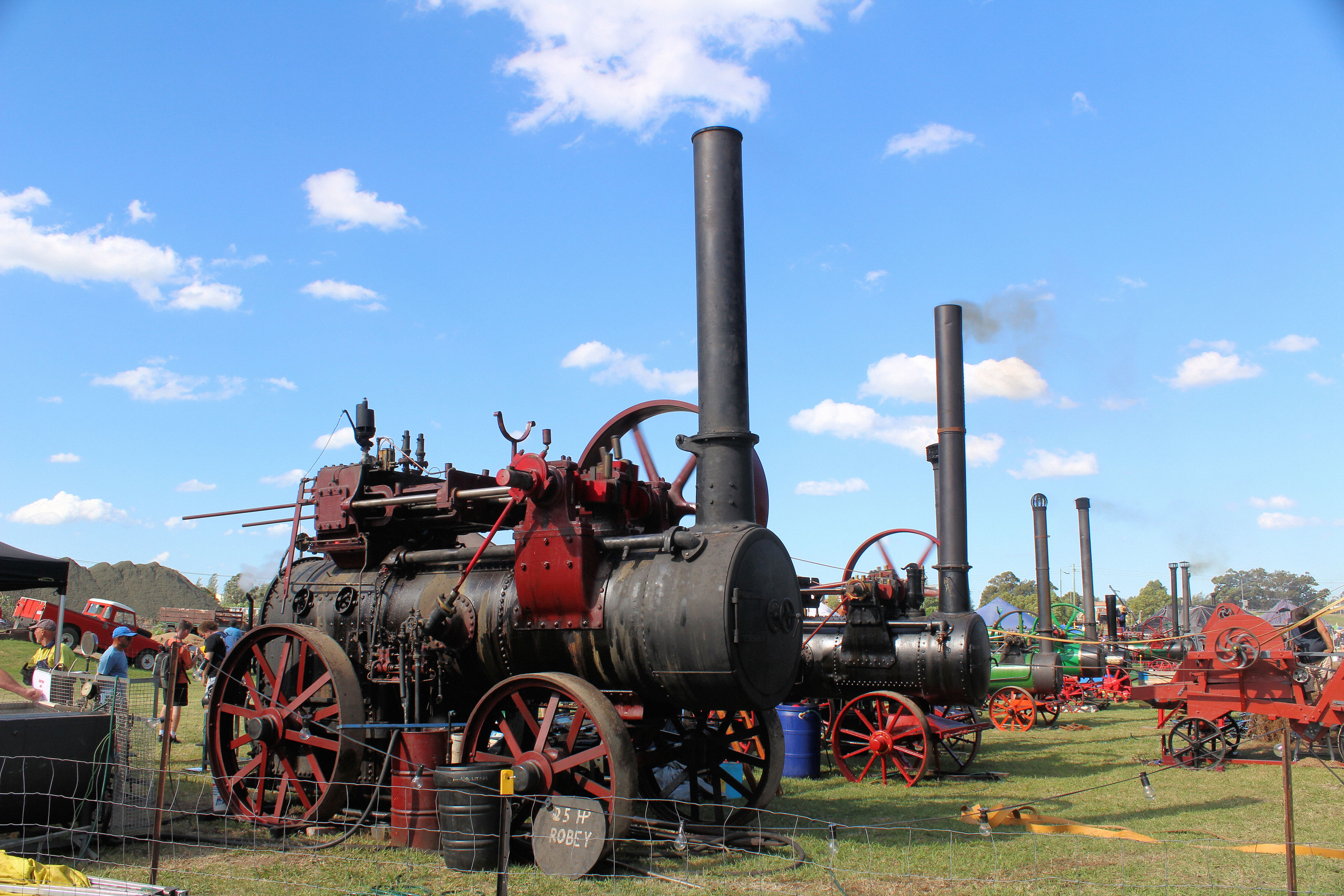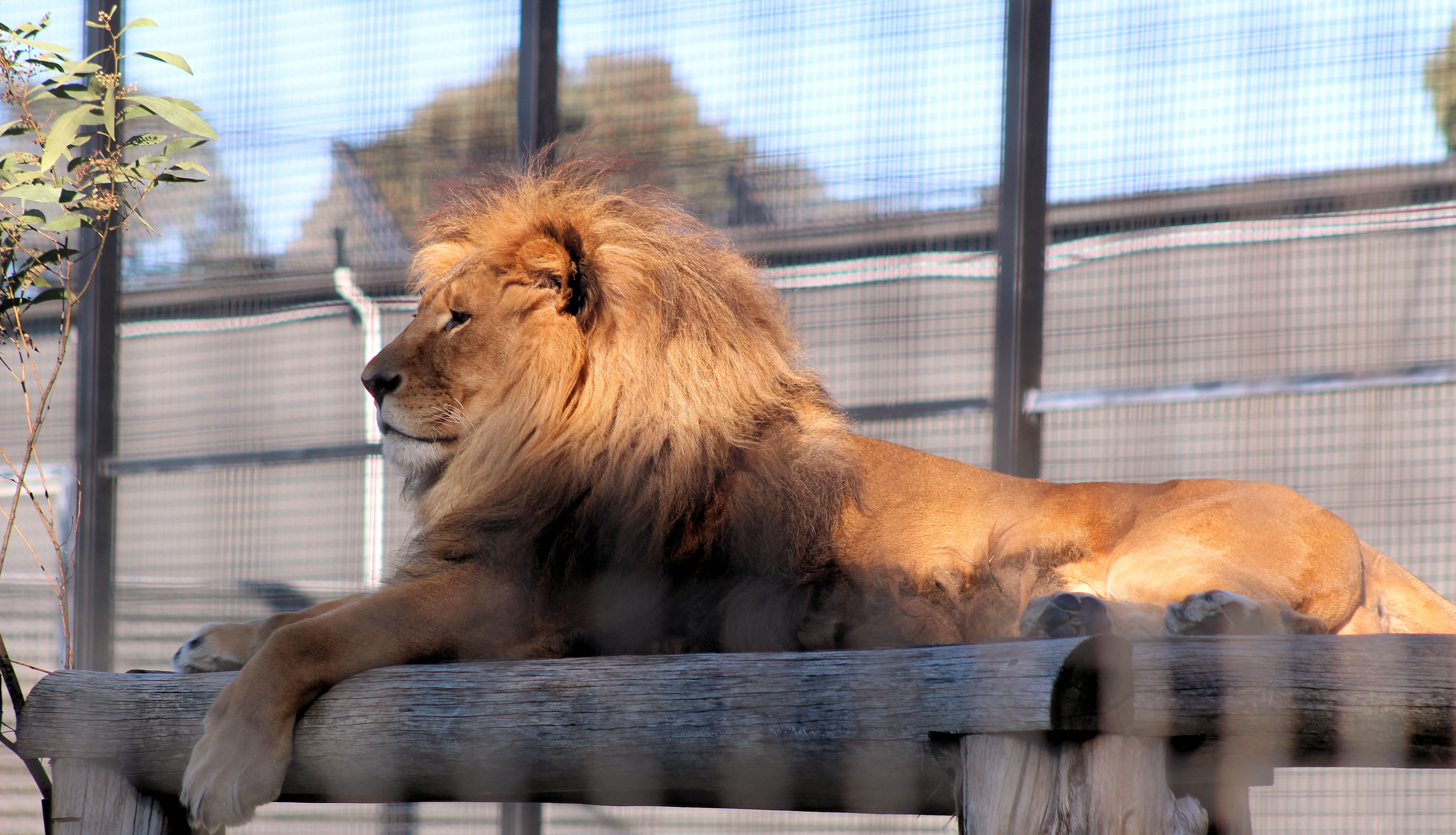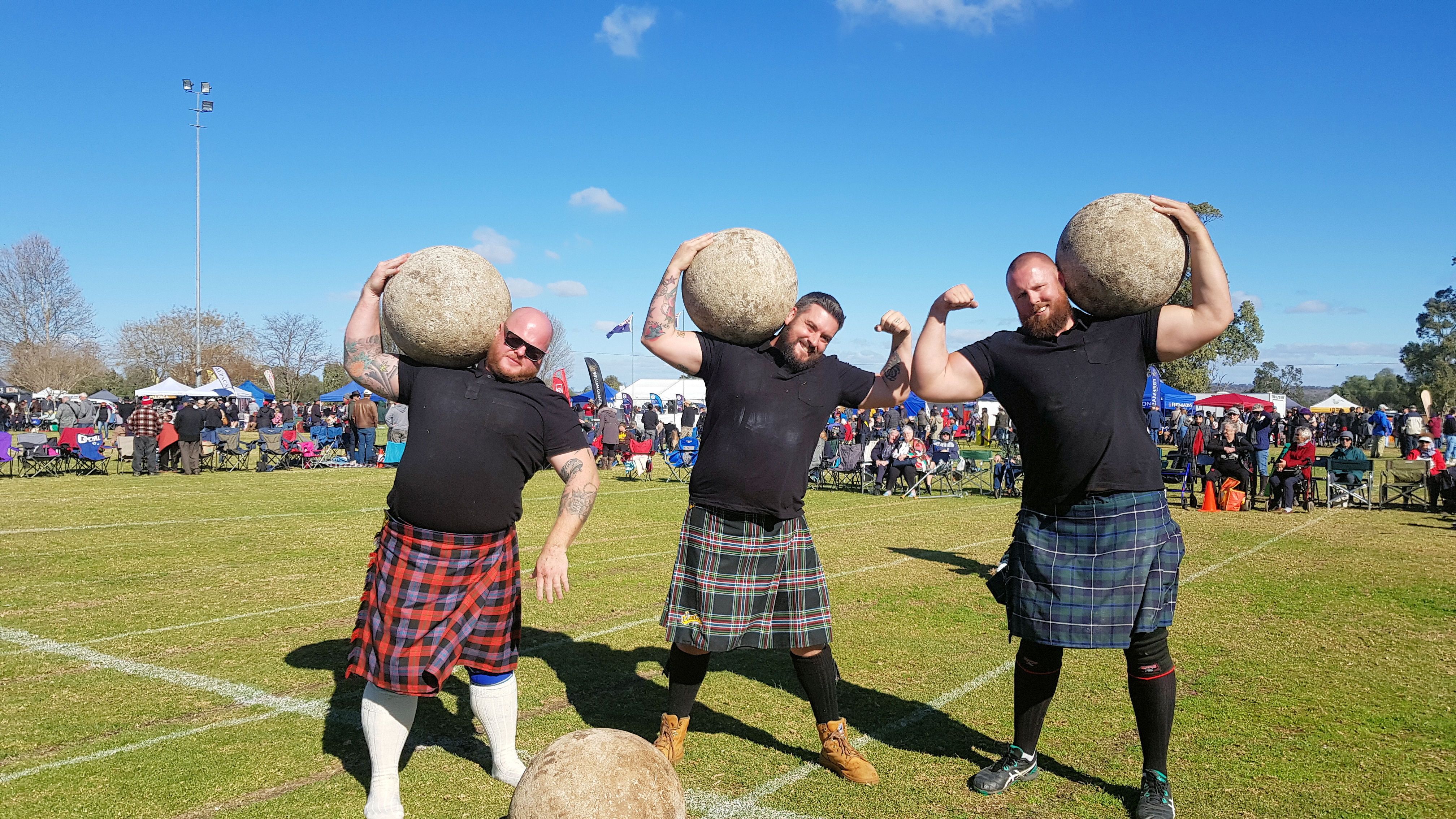Category: Hunter Valley
-
Hunter Valley Steamfest Maitland

Hunter Valley Steamfest is an annual event held at Maitland in the Hunter Valley. Although focused around steam trains it also includes a large number of stalls selling local produce. There were also plenty of options for refreshments from stalls and shops to pubs and restaurants. The main attractions are the steam locomotives 6029 “The… Read more
-
Hunter Valley Zoo

Getting There The Hunter Valley Zoo is located in the vineyards near Cessnock New South Wales. There is a small car park near the entrance as well as parking on the road outside. Although a small zoo, it has a wide range of animals ranging from native Australian to lions, cheetahs, meerkats birds and reptiles.… Read more
-
Aberdeen Highland Games with Tartan Warriors and Bands

The Aberdeen Highland Games is held annually in the Upper Hunter town of Aberdeen in New South Wales Australia. Getting There Held in Jefferson Park Aberdeen, access is very easy with signs directing you where to go for parking and entry to the park. There is ample parking available on site which is managed by with… Read more